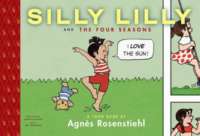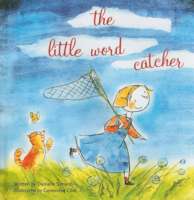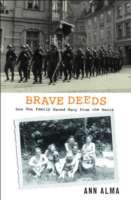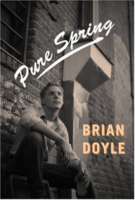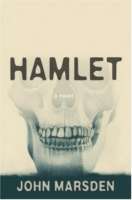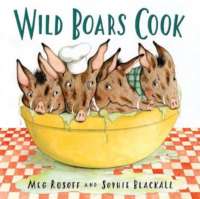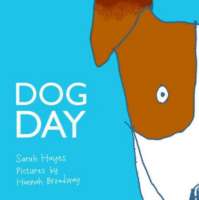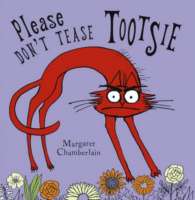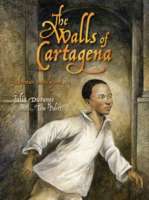
Calepino was blessed with good fortune. After his mother died giving birth to him on a slave ship, he was taken in by a wealthy woman who gave him every advantage. Then on his thirteenth birthday, Father Pedro, a devout priest, asks Calepino to assist him with the slaves coming into Cartagena. Soon he’s fighting seasickness, living in squalor, and cursing every minute. That all begins to change when he meets Mara and Tomi, a mother and son who remind him of his own past.
When Tomi and Mara are sold to a cruel man, Calepino is more determined than ever to find a way to save them. Will this be his chance to change someone else’s fortune, or will he put them all in more peril?
Richly detailed and researched, Julia Durango’s gripping first novel brings to life what it means to be truly free.
